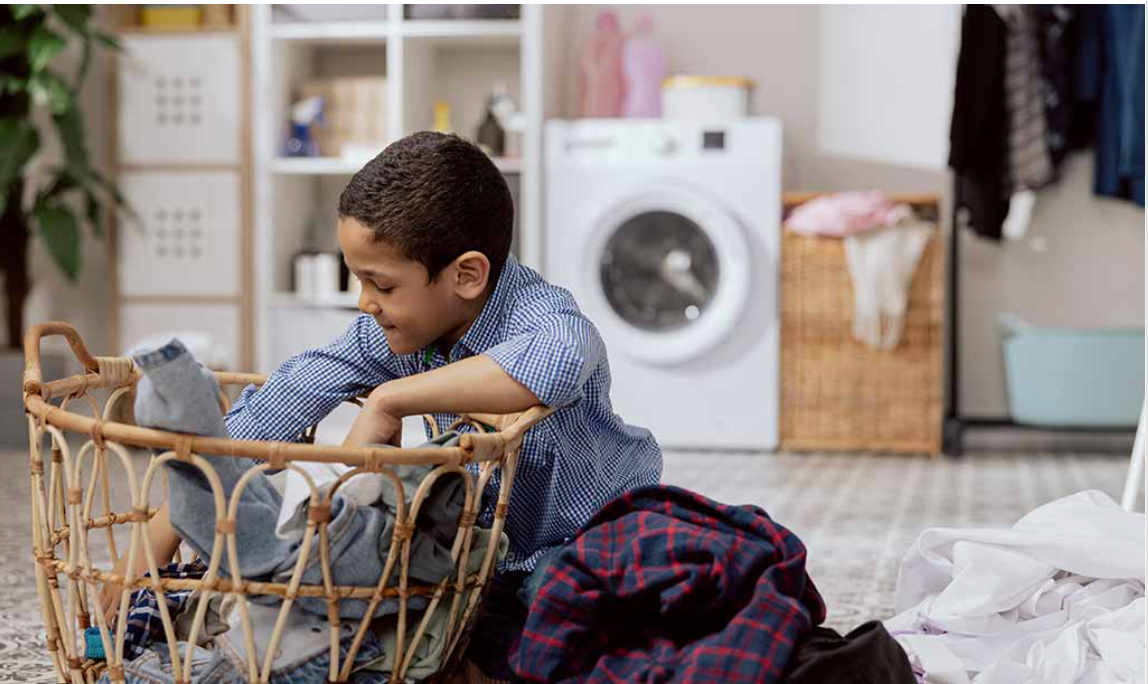Top Ten Practical Tools Children Should Know How to Use
As children grow, developing practical skills becomes just as important as their academic achievements. Equipping them with these tools and skills not only prepares them for the challenges ahead but also fosters independence, confidence, and problem-solving abilities. The Rising Star Award recognises the importance of these life skills and encourages their development in young learners.
According to Dr. Amanda Gummer, a leading child psychologist in the UK, “Practical life skills are essential for children’s development. They give children a sense of accomplishment and the confidence to take on more complex tasks as they grow.” By focusing on these skills early, parents can help set their children up for success in both their personal and academic lives.
1. Using a Basic Toolkit
Children should learn how to use basic tools like a hammer, screwdriver, and tape measure. These skills are essential for minor repairs and DIY projects around the house. Teaching children to handle tools safely also instils a sense of responsibility and capability.
2. Cooking Simple Meals
Learning to cook simple meals, such as scrambled eggs, pasta, or a sandwich, encourages healthy eating habits and fosters independence. This skill also allows children to explore their creativity in the kitchen and gain confidence in their abilities.
3. Doing Laundry
Understanding how to sort, wash, dry, and fold laundry is a valuable skill that promotes self-sufficiency. Caring for their clothes also teaches children to be mindful of their belongings and develop good habits early on.
4. Using Public Transportation
Navigating public transportation is a practical skill that builds confidence and independence. Children should know how to read a bus or train schedule, understand basic routes, and safely manage a journey, which becomes increasingly important as they start venturing out on their own.
5. Handling Money
Financial literacy is crucial, and it’s never too early to start. Children should understand the basics of managing money, including how to budget, save, and make purchases within their means. Managing small financial responsibilities, like pocket money, helps them practice these skills.
6. Using a Map and Compass
In an age where GPS is ubiquitous, traditional navigation skills remain important. Knowing how to read a map and use a compass can be both fun and practical, especially during outdoor activities like hiking. These skills teach critical thinking and problem-solving in unfamiliar situations.
7. First Aid Basics
Basic first aid knowledge is a skill that every child should have. Knowing how to clean and bandage a wound, understand hygiene in preventing infections, and respond in emergencies can be lifesaving and empowers children to take action when needed.
8. Using a Computer for Basic Tasks
Being computer literate is essential in today’s digital world. Children should be able to use a computer for basic tasks such as typing, browsing the internet safely, sending emails, and creating documents. These skills are foundational for academic success and future career opportunities.
9. Gardening
Gardening teaches patience, responsibility, and respect for nature. Children who know how to plant seeds, water plants, and understand basic plant care gain a sense of accomplishment as they watch their efforts grow.
10. Maintaining a Bicycle
Cycling is a popular activity, and knowing how to maintain a bicycle—such as checking tyre pressure, fixing a flat, and cleaning the chain—ensures safe riding and extends the life of the bike.
Conclusion
Providing children with a well-rounded set of practical skills prepares them for the next stage of their development. These tools enhance their independence and equip them with the confidence to take on new challenges. As British educator and author Sir Ken Robinson once said, “Skills are an essential part of education. They help children become more than just students; they help them become capable, confident individuals ready to navigate the world.”
The Rising Star Award supports the development of these practical life skills, recognising their importance in nurturing capable and confident young individuals. Incorporating these skills into everyday learning can have a profound impact on a child’s growth, providing them with the practical knowledge they need to thrive in the real world.







